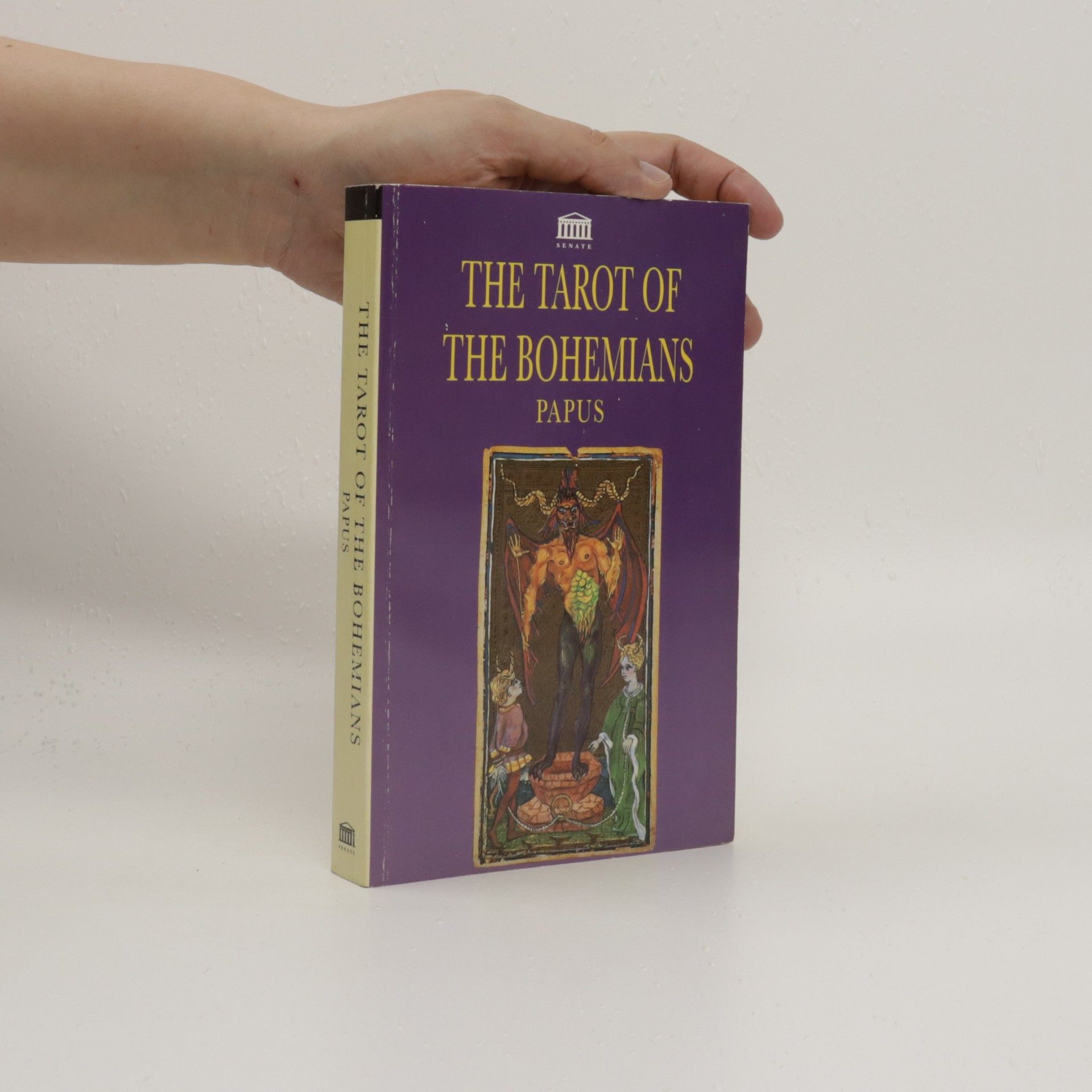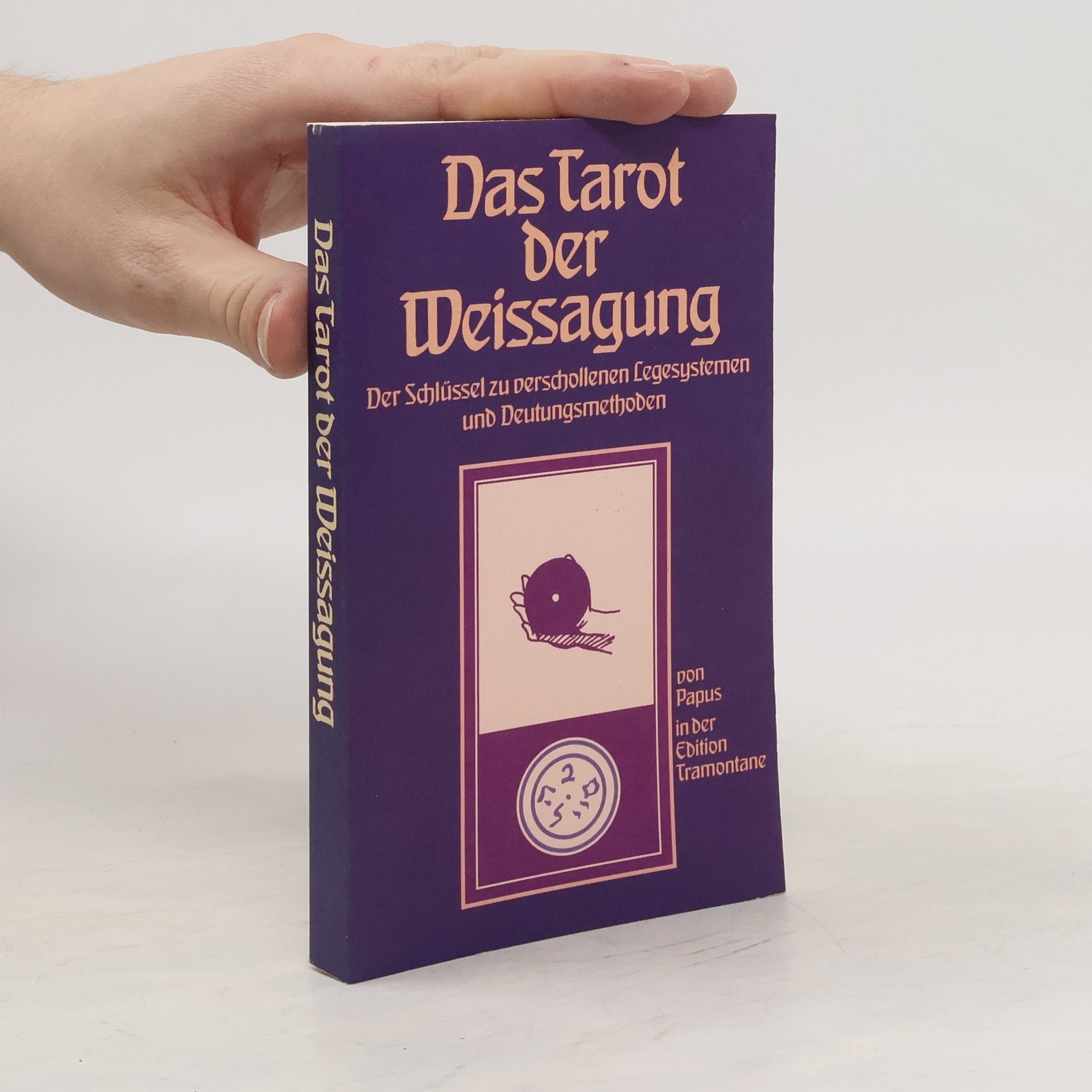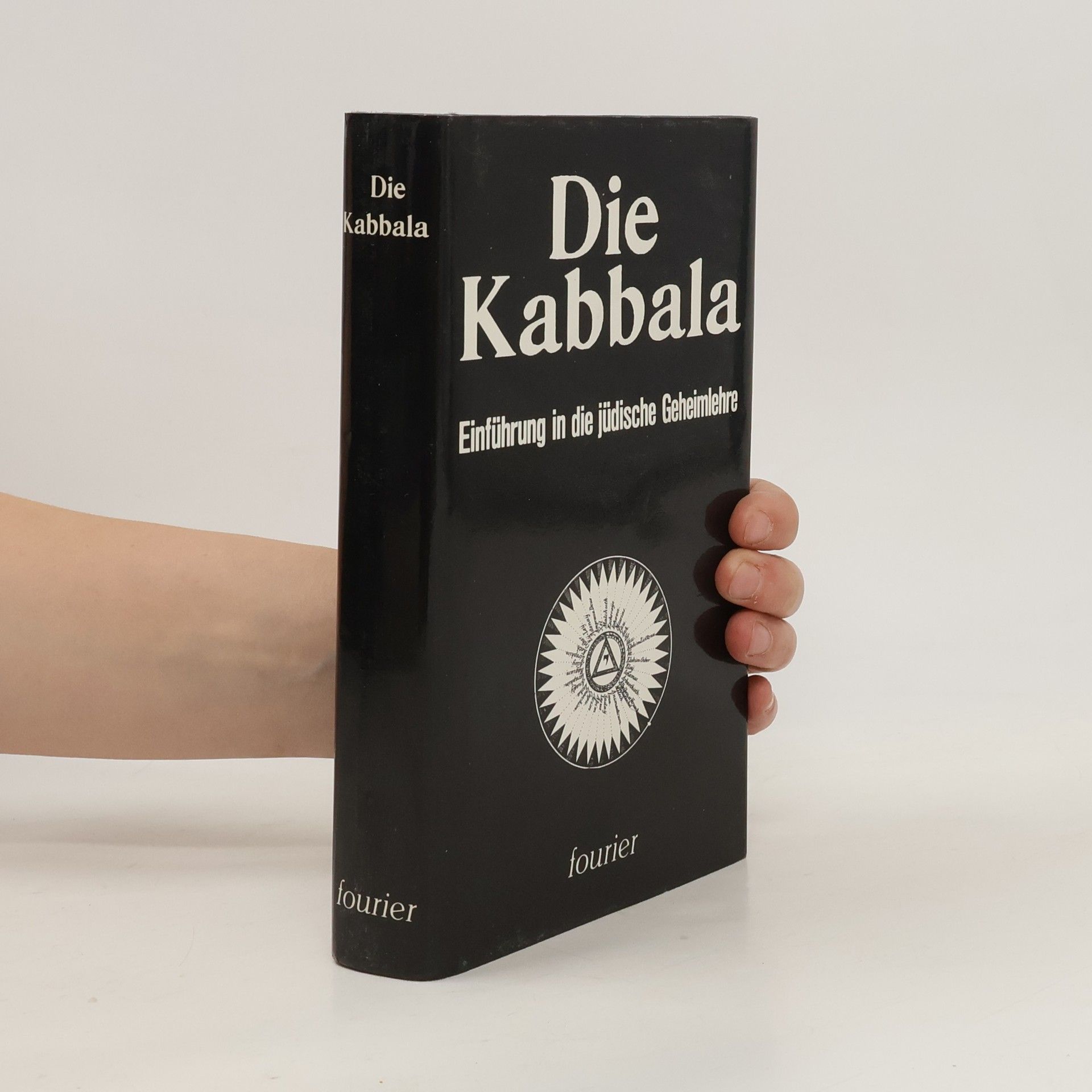„Die Geheimlehre ist nur für die Seelen derer, die sich geistig gesammelt haben.“ Aus dem Sohar. Kaum eine mystische Tradition übt eine derart ungebrochene Faszination aus wie die Kabbala, die seit dem Mittelalter die spekulativ-mystischen Strömungen im Judentum umfasst. Ihr reiches spirituelles Wissen stillt die menschliche Ursehnsucht nach dem Unaussprechlichen. Das um 1900 von Dr. Gérard Encausse unter dem Pseudonym Papus herausgegebene Werk, übersetzt von Prof. Dr. Julius Nestler, ist ein Schlüssel zum Verständnis eines wichtigen Bereichs im geistigen Leben des Judentums. Die Neubearbeitung wurde von Prof. Dr. Michael Tilly wissenschaftlich betreut, das Vorwort stammt von Dr. Gerold Necker. Die Kabbala, entstanden im mittelalterlichen Spanien, ist eine „mündlich überlieferte jüdische Geheimlehre“, die nur Eingeweihten zugänglich ist. Ihre Wurzeln liegen in der Tora und enthalten gnostische, neuplatonische und christliche Elemente. Der Text, der um 1900 unter dem Titel „La Cabale“ erschien, bietet eine methodisch eindrückliche Unterweisung in die beiden Schlüsseltexte jüdischer Kultur – den Sefer Jetzira und den Sefer ha-Sohar –, die die Schöpfung des Kosmos erklären und das Lehrgebäude des En Sof exegetisch auslegen. Zudem enthält das Werk eine umfangreiche Bibliographie zur Kabbala, die erstmals in deutscher Sprache veröffentlicht wurde.
Gérard Encausse Bücher
Gerard Anaclet Vincent Encausse, bekannt unter dem esoterischen Pseudonym Papus, war ein französischer Arzt spanischer Herkunft, Hypnotiseur und Popularisator des Okkultismus. Er gründete den modernen Martinistenorden. Seine Arbeit konzentrierte sich auf die Verbreitung okkulter Lehren und esoterischen Wissens. Papus zielte darauf ab, komplexe spirituelle Konzepte einem breiteren Publikum zugänglich zu machen.







Tarot der Zigeuner
Der absolute Schlüssel zur Geheimwissenschaft : zum ausschliesslichen Gebrauch durch Eingeweihte
- 318 Seiten
- 12 Lesestunden
The Tarot of the Bohemians
- 400 Seiten
- 14 Lesestunden
For centuries, organized religion and the rise of scientific thought had obscured the occult teahings of the gypsies of central Europe. This classic work, first pulished in 1889 as Le Tarot des Bohemiens : Le Plus Ancien Livre du Monde by the Frech writer known as 'Papus', describes and consolidates these teahings. The author states that the wisdom of the Kabbalah, the Freemasons and the ancient Egyptians had been kept alive by the Tarot of these nomadic gypsies, and traces the influence of these teachings on this form of divination, allowing the reader to develop a practical uderstanding of the Tarot in a broader context. Each card of both the Minor and Major Arcana is introduced in turn, together with a key to their use in interpretation.
What Is Occultism?
- 88 Seiten
- 4 Lesestunden
The book offers a comprehensive introduction to traditional occultism, covering essential concepts across various disciplines like metaphysics, logic, and sociology. It serves as a valuable guide for beginners, presenting fundamental ideas and practices typically reserved for initiates in occult societies. With its succinct yet informative chapters, readers will gain insights into the historical and practical aspects of occult thought, making it an essential resource for those exploring this esoteric field.
Chiromancy, or palm reading, is explored in this clear and concise introduction by Papus. The book is well illustrated and designed for easy understanding, making it an ideal primer for beginners or those with a casual interest in the subject. It provides fundamental principles of palmistry and references several classic works for readers seeking to delve deeper into the art and science behind chiromancy.
Martinès de Pasqually
His life, his magical practices, his work, his disciples
- 182 Seiten
- 7 Lesestunden
Focusing on the life and teachings of the Elus Coens' founder, this work delves into personal correspondence between the master and his disciples, referred to as "emulators." It serves as a valuable companion to Le Forestier's writings, providing essential source material. Additionally, the volume features appendices with catechisms that clarify Pasqually's doctrine of reintegration, enriching the reader's understanding of this esoteric tradition.
Tato kniha vychází jako 11. svazek edice Bibliotheca Horev. Touto knihou předkládáme českým badatelům dílo skutečně základní a encyklopedické, které můžeme s plnou odpovědností doporučit jako východisko k dalšímu podrobnějšímu a speciálnímu studiu jednotlivých hermetických vědních oborů. Tato kniha je učebnicí univerzálních zákonů. Vybízí hermetiky, aby prostřednictvím symbolů, faktů a zákonů objevili skutečné principy (ideje), které vládnou celku světa. Adaptace idejí je totiž hlavním smyslem hermetismu a nyní se – díky této knize – otevírá také vám.
